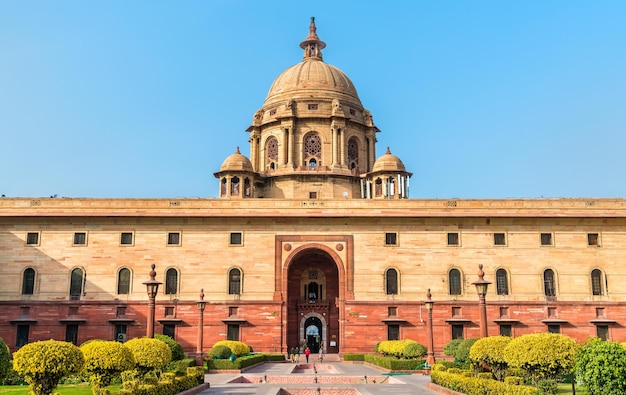- +91 9356239182
- [email protected]
Government Start-up Funding
Government Startup Funding refers to financial support provided by government bodies to assist startups and early-stage businesses. These funds are typically aimed at promoting entrepreneurship, fostering innovation, and creating jobs in the economy. Government funding may come in the form of grants, loans, equity investments, tax incentives, or specific programs designed to lower the barriers to starting and growing a business.
Governments across the world, particularly in emerging economies, have recognized the importance of startups in driving economic growth, creating jobs, and fostering innovation. As a result, many countries have launched initiatives to provide financial backing, mentorship, and infrastructure to help startups succeed.

Key Forms of Government Startup Funding:
- Grants
- Non-repayable funds provided to startups for specific projects, research, or development.
- Government grants are often tied to innovation, sustainability, research and development (R&D), or social impact projects.
- Grants are typically highly competitive and come with strict criteria, including requirements for project milestones and reporting.
Examples:
Startup India Seed Fund Scheme in India.
- Subsidized Loans and Credit
- Low-interest loans or soft loans with favorable terms (e.g., longer repayment periods, lower interest rates) to help startups with working capital or expansion needs.
- Some governments also guarantee loans from private lenders, reducing the risk for banks and encouraging them to lend to startups.
Examples:
- Startup India Scheme (provides financial assistance through banks and other financial institutions with government guarantees in India).
- Equity Financing & Venture Capital
- Some governments invest directly in startups, often through state-owned venture capital funds or public-private partnerships.
- These investments typically come in the form of equity, meaning the government gets a share of the business in return for capital.
- Governments may also co-invest with private venture capitalists (VCs) to reduce the risk for private investors.
Examples:
- The National Innovation and Entrepreneurship Fund (NIEF) in India, which funds early-stage startups.
- Tax Incentives and Exemptions
- Governments may offer tax breaks or exemptions to reduce the financial burden on startups.
- Common incentives include R&D tax credits, investment tax credits, and tax deductions for business expenses.
- Tax incentives often apply to profits, income, or capital gains from qualifying activities (e.g., innovation, job creation, or environmental sustainability).
Examples:
- Startup Tax Benefits under the Startup India Scheme (India), offering exemptions from taxes for three years.
- Government-Backed Incubators and Accelerators
- Incubators provide early-stage companies with resources, workspace, mentoring, and sometimes seed funding.
- Accelerators help companies scale quickly, providing funding, mentoring, and exposure to investors in exchange for equity.
- Many government-sponsored incubators/accelerators also offer networking opportunities and partnerships with established businesses.
Examples:
- T-Hub (India), a leading technology startup incubator in Hyderabad.
- Public Procurement and Government Contracts
- Governments may offer procurement contracts to startups, giving them access to government projects or business with public entities.
- This provides startups with a stable income stream and the opportunity to build credibility and scale their operations.
Notable Government Startup Funding Programs Around the World:
- India
- Startup India Scheme: A flagship initiative launched by the Indian government to provide tax exemptions, grants, and funding support to Indian startups.
- MUDRA Yojana: Provides loans of up to ₹10 lakh for micro, small, and medium enterprises (MSMEs) and startups.
